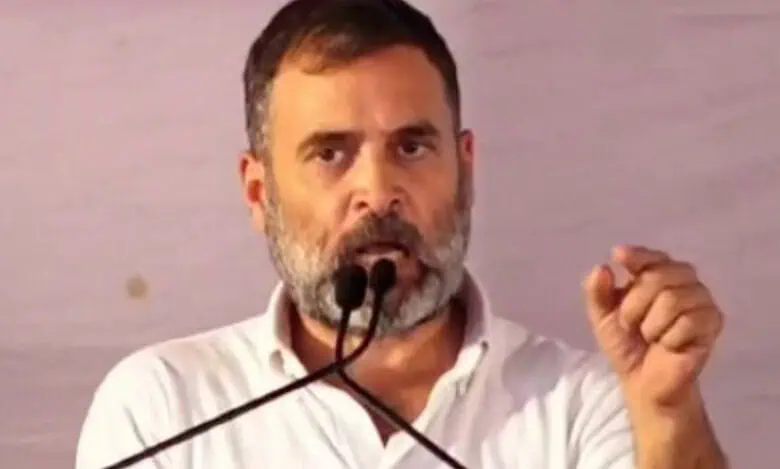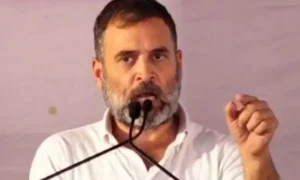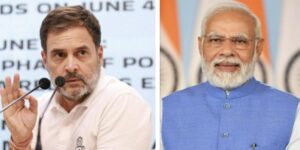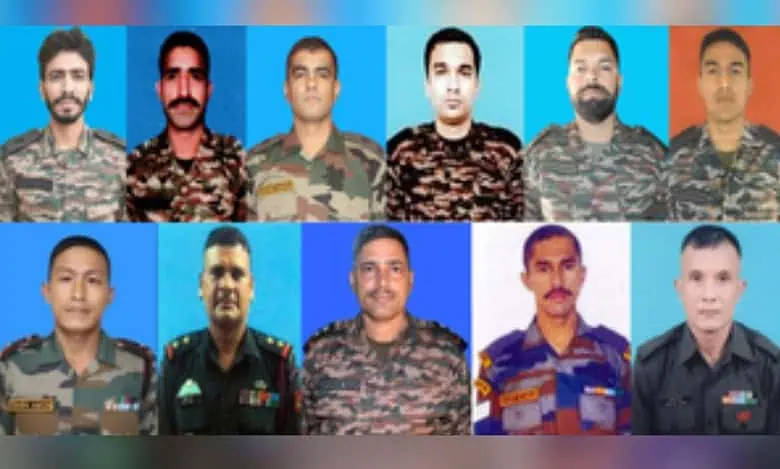
Table of Contents
ToggleRahul Gandhi Questions Modi on Caste
Rahul Gandhi Criticizes Modi’s Silence on Caste Discrimination
In a recent address at a caste census consultation meeting held at the Gandhi Ideology Center in Bowenpally, Hyderabad, Congress leader Rahul Gandhi voiced concerns over Prime Minister Narendra Modi’s silence on caste discrimination in India. Gandhi questioned why Modi has not openly challenged caste discrimination, especially given its persistent impact on Indian society.
Speaking on November 5, Rahul Gandhi highlighted Telangana’s efforts to implement a caste census, terming it a model for the entire country. He suggested that this state-led initiative could become a political and developmental tool that would play a significant role in combating caste discrimination in India.

The Need for a Caste Census in India
According to Rahul Gandhi, a caste census is essential to uncover the socio-economic realities faced by marginalized communities in India, including Other Backward Classes (OBCs), Scheduled Castes (SCs), Scheduled Tribes (STs), minorities, and Economically Backward Classes (EBCs). Gandhi argued that without such a census, it is challenging to gauge the extent of caste discrimination in India and identify the degree of wealth distribution among different groups.
“The BJP, including the Prime Minister, says I’m trying to divide the country by seeking a caste census. But since when has revealing the truth divided the country? Everybody knows caste discrimination exists. Let us explore the truth,” Gandhi stated.
For Rahul Gandhi, a comprehensive caste census would provide essential data on the representation of these groups in areas such as the judiciary, armed forces, and leading companies, helping to expose the levels of caste discrimination in India.

Addressing Economic Inequality Through a Caste Lens
During his speech, Rahul Gandhi recalled a presentation by an expert economist who had once described India as one of the most unequal countries globally. While this inequality is frequently associated with economic disparities, Gandhi argued that caste discrimination exacerbates this inequality in India. He believes that addressing caste discrimination in India is crucial to understanding and ultimately reducing the country’s high levels of socio-economic inequality.
Rahul Gandhi suggested that caste-related data could shed light on how wealth and resources are unevenly distributed across various social groups. By quantifying this imbalance, a caste census could potentially inform policies aimed at reducing caste-based inequality.
Telangana’s Caste Census as a National Model
Rahul Gandhi commended Telangana’s efforts to conduct a caste census and suggested that this initiative could serve as a model for the nation. He emphasized that this state-level approach is not only a stepping stone toward addressing caste discrimination in India but could also lay the groundwork for a more inclusive form of governance.
Telangana’s census initiative, Gandhi noted, is aimed at enabling local communities to play an active role in shaping the census process. He stressed that this effort could be more effective than a traditional bureaucratic approach where government officials dictate the questions.
“There will be shortcomings in Telangana’s caste census, but we will keep engaging civil society, people, and the government in the process. It is not just a caste census; it is the future of governance in this country,” Gandhi asserted. By allowing people to actively participate in determining what questions are asked, Gandhi envisions a more democratic and transparent process.
A Call for Transparent and Inclusive Governance
Rahul Gandhi’s vision for addressing caste discrimination in India goes beyond just conducting a census. He hopes to build a political and developmental instrument that directly addresses the issues stemming from caste-based inequality. Gandhi argued that involving civil society in the census process would yield more accurate data, fostering a system of governance that genuinely represents the diverse needs of India’s population.
He emphasized that caste discrimination is a unique and pervasive issue in India, and that a comprehensive understanding of it would require data on how people from marginalized backgrounds fare in various sectors. Through the Telangana model, he envisions a governance approach that prioritizes transparency and social justice.
Congress Leaders and Representatives Rally Behind the Cause
The caste census consultation meeting drew a significant turnout, with over 400 attendees, including approximately 200 Congress leaders, intellectuals, artists, and representatives of caste organizations. The attendees voiced support for Rahul Gandhi’s call to address caste discrimination in India and emphasized the importance of raising awareness about this social issue.
Rahul Gandhi’s appeal resonated with attendees who believe that a caste census can pave the way for more inclusive policies, potentially transforming the socio-economic landscape for marginalized communities across India.
Conclusion
Rahul Gandhi’s focus on caste discrimination in India highlights the need for comprehensive data to inform inclusive policies. His support for Telangana’s caste census model demonstrates a commitment to tackling caste-based inequality, offering a glimpse into a governance framework that prioritizes equity and representation. Through his criticism of the BJP and Prime Minister Modi’s stance, Gandhi underscores the significance of addressing these deep-rooted issues to foster a more just society.


